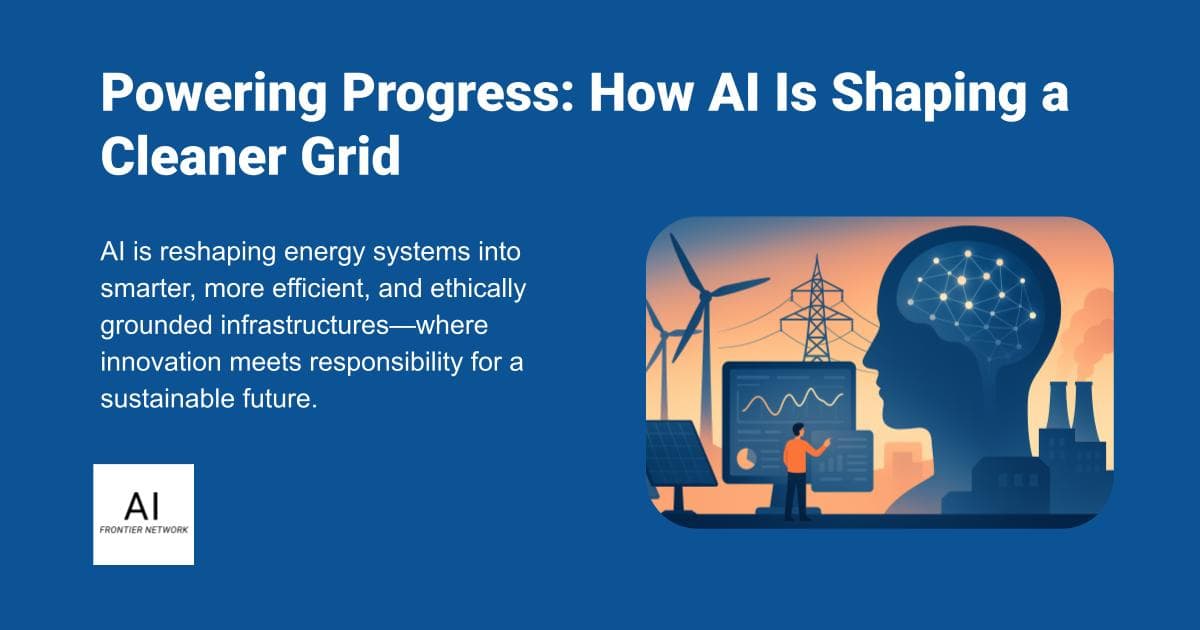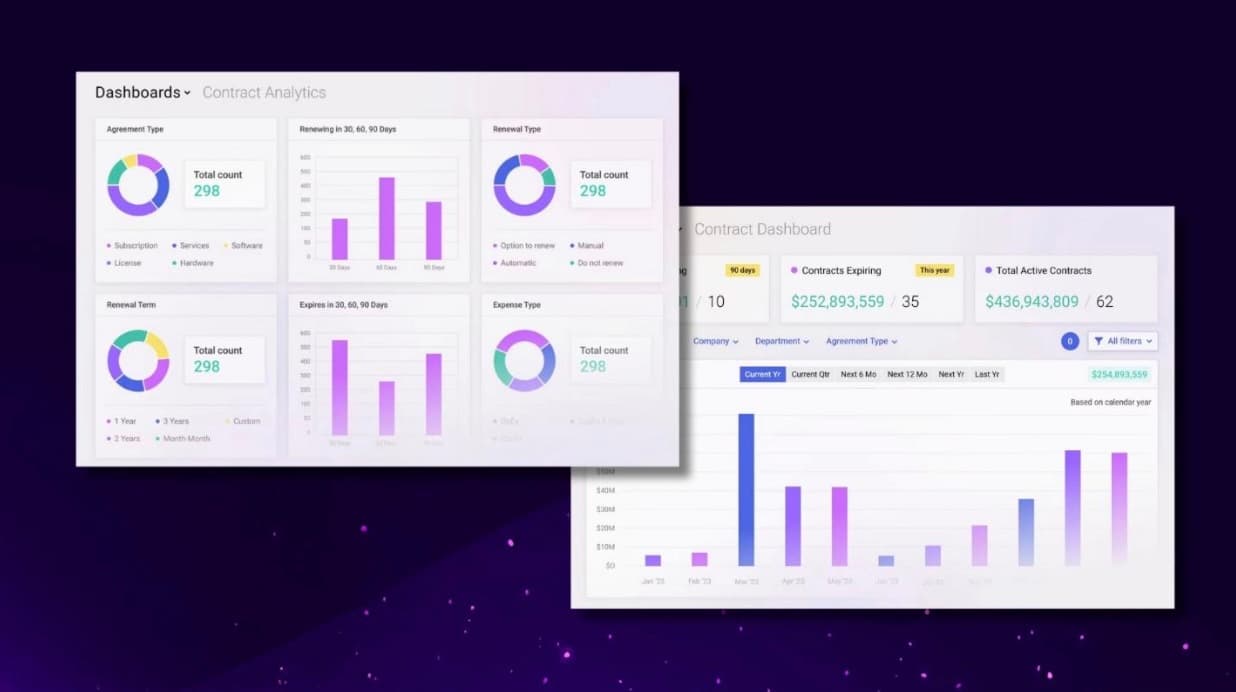Artificial Intelligence (AI) is emerging as a transformative force in the global energy sector, enabling unprecedented efficiency, adaptability, and sustainability. From factories and telecom infrastructure to smart grids and renewable integration, AI is not just optimizing how energy is used, it’s redefining how energy systems are designed and governed.
Smarter Operations, Cleaner Output
AI is reshaping industrial energy usage through predictive maintenance, real-time analytics, and intelligent control systems. As Srinivas Chippagiri highlights, reinforcement learning can dynamically adjust operational parameters in manufacturing plants based on demand forecasts and energy pricing. This reduces waste while maximizing output.
Similarly, Hemant Soni notes that across sectors, industry, homes, and telecom, AI enables dynamic load balancing and efficiency gains without compromising performance. In telecom especially, AI ensures uptime while optimizing massive energy loads in data centers and networks, balancing performance with sustainability.
Rajesh Sura shares an example from Siemens, where AI-powered digital twins and analytics helped cut energy use by 15% without affecting output. This demonstrates that “efficiency and productivity aren’t enemies, they’re co-innovators.”
Ethics, and AI Control
With AI increasingly making decisions about when and how energy is used, ethical concerns come to the fore. As Nikhil Kassetty poses: “Who decides when energy is used and at what cost?” Automation in homes and grids must be matched by transparency and human oversight.
Srinivas Chippagiri cautions that detailed energy usage data could reveal personal habits, raising privacy issues. He also warns against systemic inequities, for example, if AI deprioritizes low-income neighborhoods during peak demand, exacerbating existing social divides.
Rajesh Sura echoes this concern: “Are we building systems that serve people, or just controlling them?” He calls for fairness in pricing and explainable AI decisions. Transparency, he argues, must be the foundation of smart energy.
As Pankaj Pant put it:
“AI managing homes means giving AI more control in day-to-day life… It’s not just about automation; it’s about control and trust. Who decides when your heating or appliances switch off to save energy? How transparent is that decision?”
AI and Renewable Energy: From Forecasting to Orchestration
One of AI’s most promising roles is in managing renewable energy’s inherent unpredictability. AI can forecast solar and wind generation using weather data, and autonomously manage storage systems like batteries and electric vehicle fleets to smooth out the peaks and valleys of supply and demand.
Srinivas Chippagiri points to techniques like federated learning and digital twins that make renewables more grid-friendly. Rajesh Sura highlights Google DeepMind’s collaboration with the UK National Grid, which improved wind forecasting accuracy by 20%, reducing blackouts and enhancing stability.
Dmytro Verner adds that:
“AI systems can operate distributed energy resources such as solar panels and EVs and smart batteries, as a virtual power plant which adjusts to changing grid conditions. AI systems learn from local consumption patterns and weather to prepare the grid for supply drops and demand surges.”
Nivedan Suresh envisions AI as “the brain of energy systems,” coordinating edge forecasting and grid-level orchestration to build resilient, adaptive infrastructure. But he emphasizes that this evolution must be guided by ethical foresight and trustworthy AI design.
Finance, Investment, and a Sustainable Future
AI also plays a crucial role in aligning sustainability with profitability. As Nikhil Kassetty notes, AI-driven insights power green investment strategies, carbon accounting, and dynamic pricing models. These tools help investors and businesses make smarter, more sustainable decisions.
The Path Forward: Balancing Innovation and Responsibility
Across the board, one message resonates: AI has immense potential, but only if deployed responsibly. As Rajesh Sura aptly states, “Let AI power our systems, but let human values power our AI.”
The energy systems of the future will not be defined by how much power they save alone, but by how transparently they operate. Ensuring ethical boundaries, access, and meaningful oversight will be essential to realizing AI’s promise as the invisible architect of a smarter, greener world.












